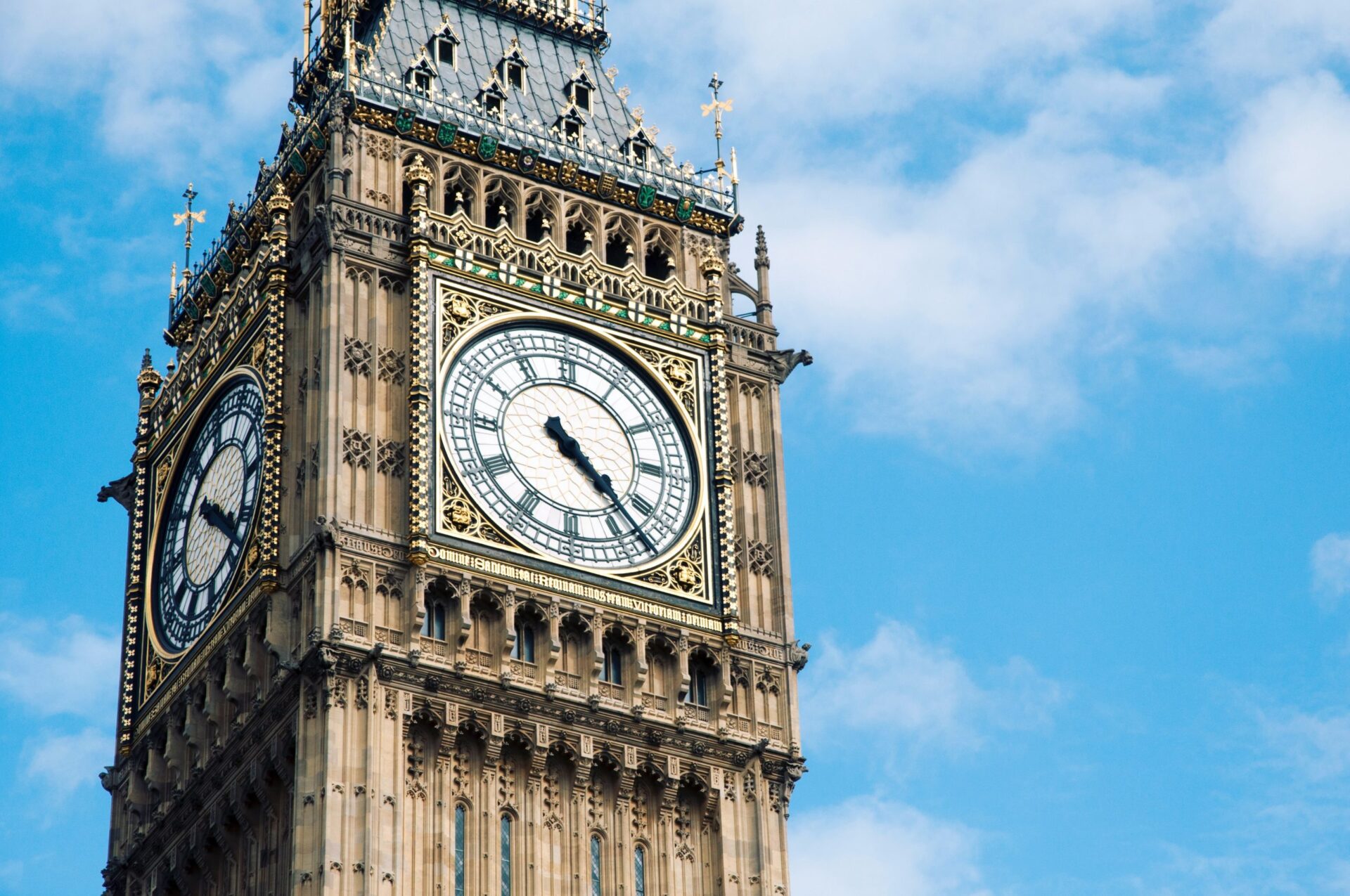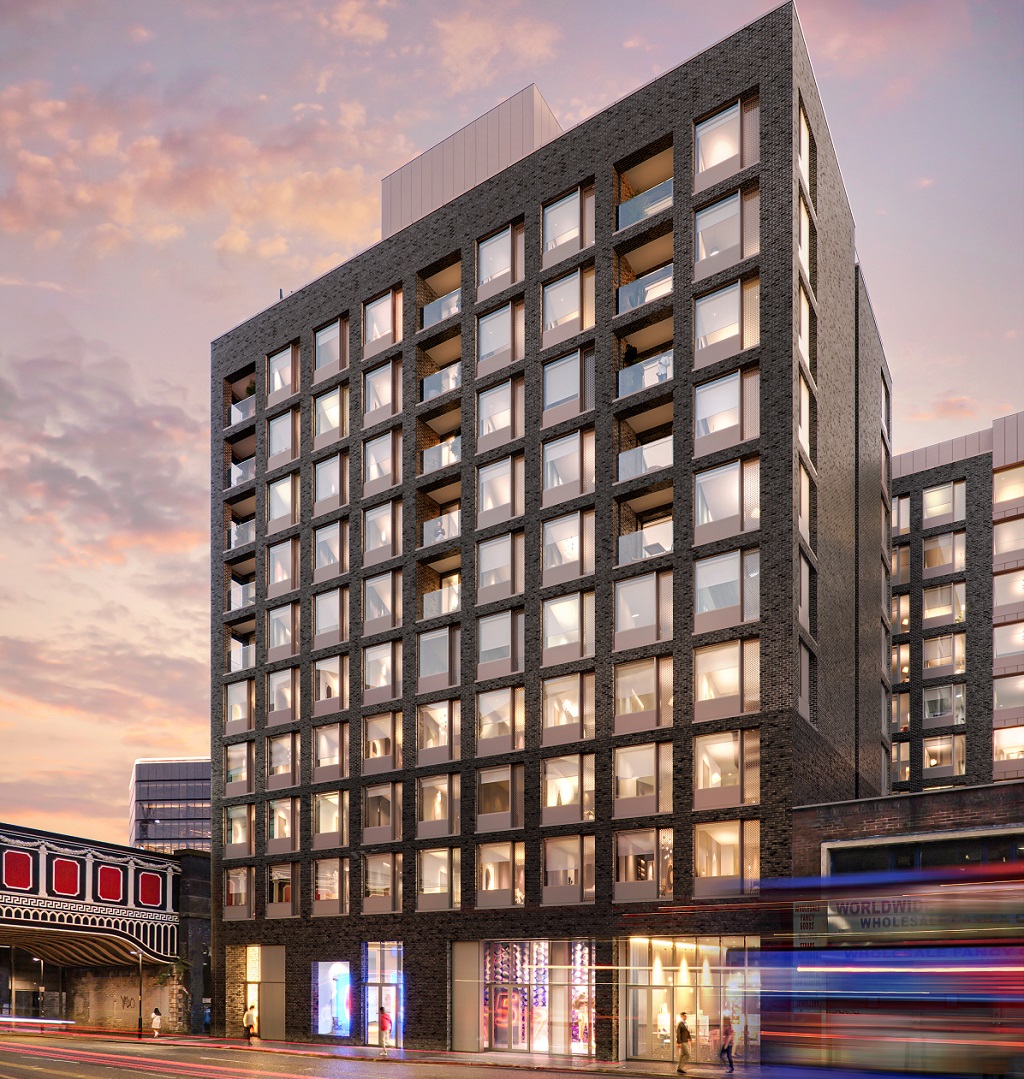Levelling Up and Regeneration bill becomes law
The bill that underpins the Conservative’s flagship election promise – to support the regeneration of left-behind places – received royal assent yesterday almost four years after the last general election and just months before the next.
Despite handing out almost £13bn for various regeneration projects aimed at levelling up forgotten parts of the UK, many think the government’s efforts to do so have fallen flat since Boris Johnson was elected in 2019.
In particular, the government was condemned earlier this month for its decision to scrap the northern leg of HS2, which many viewed as a key lever for levelling up.
However, enshrining this flagship legislation – which has faced its own share of controversy – into law could be one attempt to quell criticisms around this parliament’s stuttering levelling up agenda.
Secretary of state for levelling up Michael Gove said the plan would deliver “more homes, revitalised high streets and town centres, and a less bureaucratic planning system”.
“This Act delivers on the people’s priorities, creating new jobs, new opportunities, and a brighter future for the UK,” he said.
The LURB promotes a brownfield-first approach to “beautiful” development, and a system that “holds developers to account”, Gove added.
The Act also paves the way for every area in England that wants a devolution deal to have one by 2030.
During this parliament, the Conservatives have signed off trailblazer devolution deals for both Greater Manchester and the West Midlands.
According to the government, the Levelling Up and Regeneration Act will:
- Give more power to communities to shape the future of their areas
- Demand more from developers in terms of delivering infrastructure such as schools and doctors through a new infrastructure levy
- Rebalance the housing and land markets to give local councils the power to increase council tax on empty homes and reform compensation for compulsory purchase orders by removing ‘hope value’ where justified
- Give councils the chance to consider slow build-out rates as a reason for refusing planning approval
- Empower local authorities to work directly with landlords to bring empty buildings back into use
- Make it faster for local authorities to give hospitality businesses permission to use outdoor seating.
Iain Gamble, head of real estate at law firm Brabners, said that the adoption of the bill marked “a positive step towards the more apolitical, multi-generational strategy that is needed to fully unlock the true economic potential of the regions”.
“Previous attempts at devolution and levelling up in English regions have demonstrated promise, yet their execution thus far has leaned towards a competitive funding process that has counter-productively pitted local authorities against one another – continuing disparities between thriving cities and under-served towns and rural communities in the North.”
He added: “With the bill giving greater powers to local government around CPOs and planning, councils will now be better placed to progress major regeneration schemes at pace with the support of the private sector.”
Brabners, along with CBRE, recently led the procurement for a town centre development partner in Oldham.
One high-profile amendment that did not make it into the bill was the relaxation rules about nutrient neutrality which housebuilders claim could unlock thousands of homes.
This was struck down by the House of Lords in September, a decision Genesis Homes founder and chief executive Nicky Graham described as “a huge own goal”.
“This LURB provides lots of wishful tone but, as usual with this government, [it] lacks the clout to achieve its ambitions.”
Ellie Philcox, director at Euan Kellie Property Solutions, said the bill’s royal assent was a positive step towards strengthening the plan-led system, adding that there remains “uncertainty on how this will be implemented until the necessary secondary legislation is progressed”.
“The 2024 general election also adds in another element of uncertainty to how much meaningful progress will be able to be made on this within this parliamentary term,” she said. “The question therefore remains as to how the proposed changes will respond to the challenges faced by the industry in the short-term, particularly those in respect of local authority resource.”





A paper exercise with no substance. They still haven’t apologised for levelling us down.
By Elephant
Is it right to say that the next general election is just months away?
By Anonymous
It’s not even a meme anymore. It’s yesterdays news for a tomorrow that will never come unless there is real reform in politics.
By Anonymous
Not worth the paper it’s written on. Counting down the days until we can get a proper government in Westminster
By Anonymous
At least the 4 year rule for immunity from enforcement will no longer be in place in England. Any breaches are now covered by the 10 year rule.
I am guessing over the next year or so there will be some money to be made in submitting certificate of lawfulness applications for 4 year immunity gained before the bill became an Act.
By JohnMac
The enhanced CPO powers could be transformational, particularly for housing delivery and importantly, delivery of quality housing. I’d be interested to hear more about that.
By Anonymous
Levelling Down…….race to the bottom
By Anonymous
Dis-empower national London-Southern goverment and give executive and legislative power back to local county, city and town councils to boost local communities, local economies, local democracy and local property markets.
By Anonymous
@October 28, 2023 at 10:31 am
By Anonymous
I can’t argue with that at all!
By Rye&Eggs
Leveling up is going really well in Bolton… nothing has happened despite years of false promises. If anything its got worse. I don’t trust any of them they are all just in it for themselves.
By DJ
My Tory MP for Bury North who has a majority of 3 ,is bragging on Facebook about the brilliant 16 million pounds GM has been given for buses. So the £5.50 each we will be getting, is really going to make up for the cancellation of NPR and HS2 and the patronising Network North means what exactly? These people actually believe that 16 million pounds between 3 million people is worth advertising on Facebook. He is too busy appeasing NIMBYs in Ramsbottom to care about the wider region.
By Elephant
I doubt many in Bury North use public transport, as an MP they should represent their constituents
By DH
Bury North goes as far as Sunnybank which borders Whitefield, it isn’t just the wilds of the Pennines, it is also suburban Manchester.
By Elephant
DH – according to Census 2021. 18% of Ramsbottom households don’t have access to a car. You should really check facts before making sweeping statements
By Anonymous
HS2 would NOT lead to Levelling Up for the North , but a Cross North Rail Network would.
By Anonymous